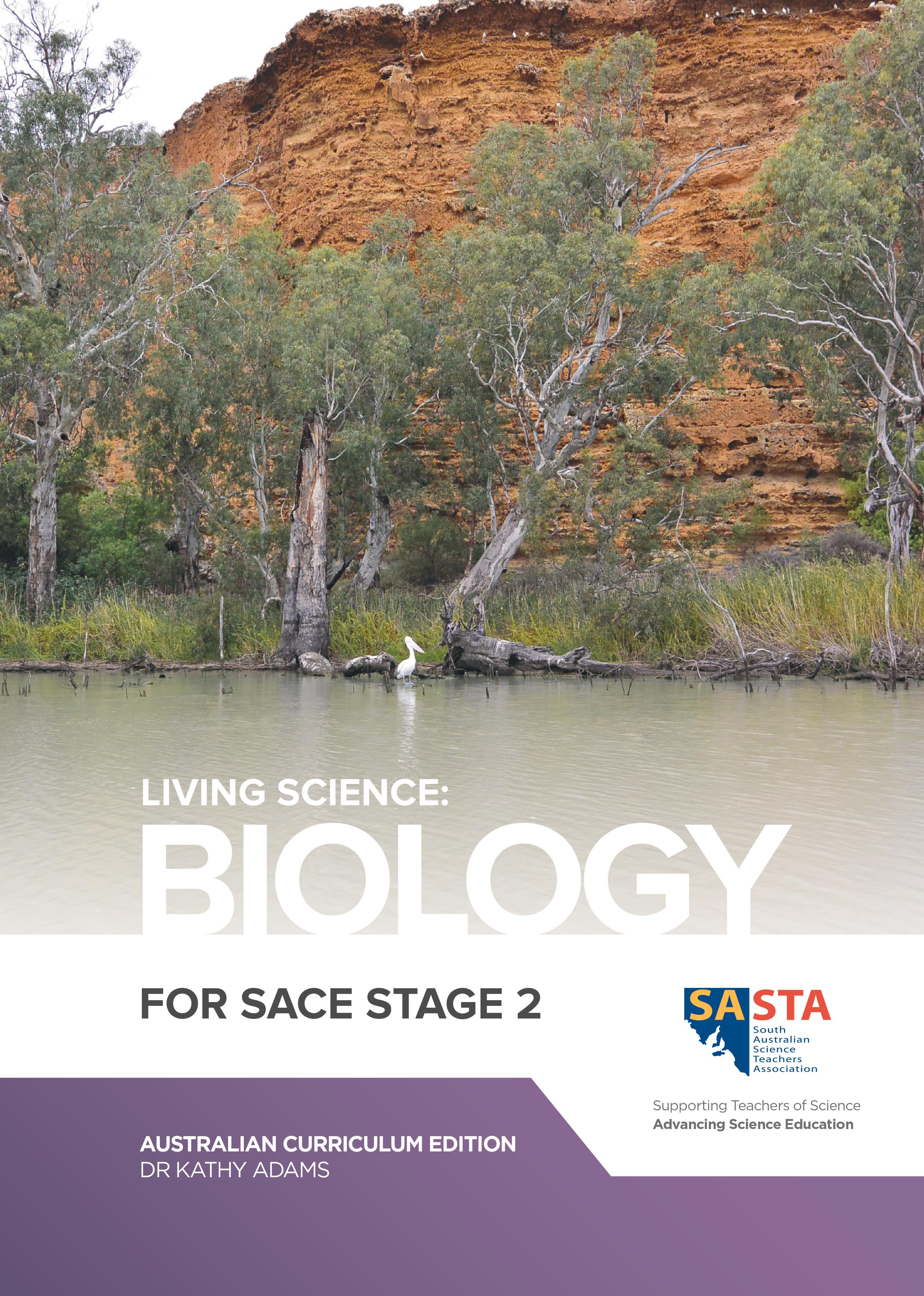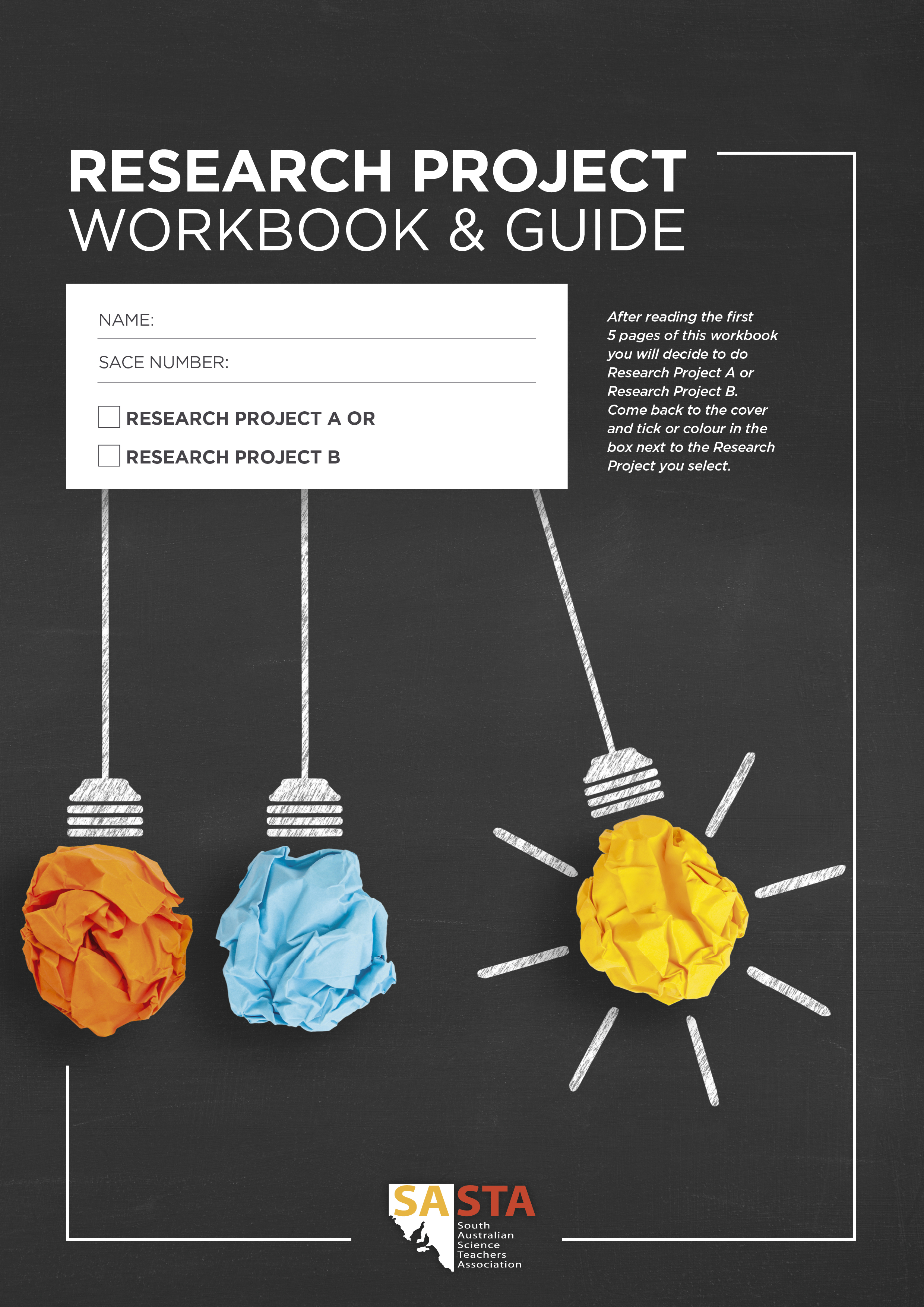SASTA December eNews – 2020 membership, Term 1 professional learning, Call for workshops, New resources
No Images? Click here

As we start to wrap things up for 2019, the SASTA Board and staff would like to wish you a very happy, relaxing and safe festive season and break…
But we're not quite there yet!
2020 Membership

There are many benefits to being a SASTA member, whether as an individual or as part of a corporate membership. As a professional association, SASTA offers support, a connection to an education commnuity, and advocacy – so you don't need to 'go it alone'!
You can sign up now for SASTA membership for 2020 – so you don't miss out on anything! And there are plenty of opportunities to be actively involved in your association – just register your interest via the website form.
2019 STEM Conference
The STEM conference on 29 November was a great success with 180 delegates learning from each other and enjoying the wonderful facilities of the new Adelaide Botanic High School.
The highlight, of course, was the keynote presentation by Prof. Lisa Harvey-Smith, the Australian Government Women in STEM Ambassador. You can watch a short video with Lisa summarising her presentation – with a little advice for classroom teachers!
TERM 1 PROFESSIONAL LEARNING
2020 Professional Learning Calendar
It's never too early to start planning, so download SASTA's 2020 Professional Learning Calendar as a PDF.
Or, you can now subscribe to SASTA's Professional Learning Google Calendar, so all the events and their details will show up right in your preferred calendar app! You can generally subscribe to a calendar app using either:
You might have to check instructions for your particular app as to how to add a calendar.

2020 Psychology Summer Conference
17 January, Education Development Centre
This one-day intensive conference allows science teachers to develop teaching methods and resources within the Psychology stream.
The keynote presentation will be by Dr Lydia Woodyatt from Flinders University on "Psychology and Its Place in the Future of Work". This presentation will consider how new movements within psychology apply to a wide range of careers. The day will also feature a SACE Examination and Moderation Review, and a number of concurrent workshops for teachers of Stage 1 and Stage 2 Psychology. The full program is available on the website:
www.sasta.asn.au/professional_learning/2020_psychology_summer_conference
Teachers New to Teaching Stage 2 Science
Education Development Centre, Hindmarsh, 9.00 am – 3.00 pm
A series of workshops for those new to the subject or for those who need to brush up after not teaching for a while. Workshops will cover an overview of the course, planning and assessment, sample tasks and discussion, and moderation.
Participants will be given the opportunity to share and discuss ideas, tasks and other resources.
- Biology
Friday 14 February, presented by Brian LeCornu & Tony Diercks - Physics
Friday 14 February, presented by Michael Smith (Concordia College) - Chemistry
Friday 21 February, presented by Glen Arthur (University Senior College) - Nutrition
Friday 21 February, presented by Lisa Cibich (Gleeson College) & Angela Leopold (Kangaroo Inn Area School) - Psychology
Monday 2 March, presented by Carolyn Pinchbeck (Xavier College) & Irena Atherton (Pulteney Grammar School) - Scientific Studies
Monday 2 March, presenter TBA
Designing Lab Lessons with a STEM Focus (secondary)
Friday 28 February, Underdale High School, 9.00 am – 3.00 pm
Presented by Kate Dilger
This workshop examines how we can make the laboratory experience more meaningful for students and reflect the continuing emphasis on STEM. Through hands-on engagement, teachers will be guided through how to design practical investigations that ask students to apply their content knowledge and skills to create solutions to a real world application of science. Copies of the practical activities explored will be supplied to all participants.
The workshop is aimed at resourcing teachers of Years 7–10 science.
Let’s Really Do Science Inquiry (primary)
Friday 13 March, Education Development Centre, 9.00 am – 3.00 pm
Presented by Kate Dilger
The Australian Curriculum: Science emphasises inquiry-based teaching and learning. Scientific inquiry promotes critical and creative thinking by encouraging flexibility and open-mindedness as students speculate about their observations of the world. In an inquiry classroom, students are able to challenge themselves to identify questions and draw evidence-based conclusions using scientific methods.
In this workshop teachers will investigate the process and practicalities of inquiry learning in the Science classroom. They will engage in hands-on activities that will inform their understanding of the types of inquiry and how to implement them in their teaching program.
The workshop is aimed at resourcing teachers of Years R–6 science.
SASTA ANNUAL CONFERENCE – CALL FOR WORKSHOPS
SHARE your good ideas – submit a workshop proposal for the conference!
Presenting workshops for your colleagues is an excellent way to share best practice and develop a community of educators across the state.
TAKE PART in a broad program of professional learning workshops for primary and secondary teachers, including laboratory and computer workshops, hands-on activities, seminars and discussions.
GAIN valuable experience in leading learning that will enrich your own professional standards.
Conference focus
The conference will address a range of the content and pedagogies of the Australian Curriculum: Science. Session attendees should be actively involved in the learning through a practical and investigative approach. Sessions that link to real world examples of contemporary science in STEM are encouraged.
Possible ideas around the theme
- Civics and citizenship connecting with science
- Exploring climate change solutions
- Why is plant health so important?
- Learning from our first nations people
- Water security
- Aquaponics for your school
- Science and sustainability
Submit your workshop proposal by Friday 31 January 2020.
NEW RESOURCES
Stage 2 Biology Workbook 2nd Edition
This workbook follows the revised SACE subject outline for Stage 2 Biology with statements from the Science Understanding section beginning each chapter.
The Second Edition includes revised chapters, extended explanations, new diagrams, and best of all, hundreds of new questions! The review tests have been revised to include questions that address criteria relevant to the strands of science inquiry skills and science as a human endeavour.
See the website for more information.
Discounted First Edition still available – just $29!
Living Science Biology for SACE Stage 2
This text for both teachers and students was writte nfor the current SACE Stage 2 Biology subject outline and the complements Living Science: Biology for SACE Stage 1 (published in 2018).
Teachers will find it an invaluable resource for planning and developing student knowledge as it has comprehensive coverage of the science understandings of the Stage 2 course.
Students will find it a great resource to complement lessons and by referring to its additional features such as the “Did you know?” and
“SHE Alert” breakout boxes, will develop a broader knowledge of Biology across many
different contexts.
Research Project Workbook and Guide
This step-by-step workbook guides students through the three parts of the Research Project:
- the Folio
- the Research Outcome
- the Evaluation/Review.
Students are guided through activities and supported with information to enable them to:
- generate an idea
- develop a research question
- plan, conduct and analyse research, and then
- structure a research outcome and an evaluation or review with a focus on achievement of the performance standards (at a high level).
Along with activities and information, the workbook also includes sections that enable students to organise and store hard copy project material.
EVENTS & NEWS IN THE SCIENCE COMMUNITY
Prime Minister's Prizes for Science
Guidelines for the 2020 Prime Minister’s Prizes are now available, and nominations will be open from 6 February – 12 March 2020.
In 2019, both recipients of the Prime Minister’s Prizes for Excellence in Science Teaching in Schools were SASTA members.
All members of the science teaching community are encouraged to spread word of the Awards, and encourage nominations. For more information about the Prime Minister’s Prizes for Science, go to industry.gov.au/pmscienceprizes.
Primezone resources
The Primary Industries Education Foundation of Australia (PIEFA) has released a number of new free resources for teaching Years 3–5 about food and food production.
SCINEMA Junior

The SCINEMA International Science Film Festival has a new entry category for filmmakers 17 years and younger.
If your students have a passion for anything STEM-related, and want to use the power of film to explain a scientific concept they’ve recently learnt about, want to tell a story about how science affects their lives, or want to show how science can solve real-world problems – get them to make a SCINEMA film!
Submission deadline is 12 January 2020.
For more information, see https://education.australiascience.tv/scinema-2020-returns-with-new-scinema-junior-filmmaker-award




